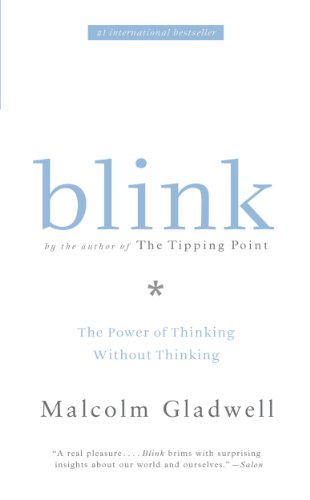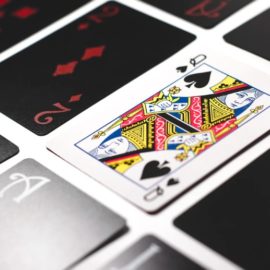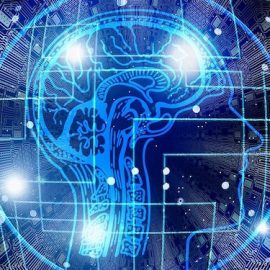

This article is an excerpt from the Shortform summary of "Blink" by Malcolm Gladwell. Shortform has the world's best summaries of books you should be reading.
Like this article? Sign up for a free trial here .
Have you ever been in a situation where you knew the right thing to do but couldn’t explain why or how you arrived at that knowledge? How does intuition work?
Intuition is a concept that seems obscure and mysterious because we don’t understand the mechanics behind it. But just because we can’t pinpoint the exact chain of reasoning behind an intuitive judgment or decision does not mean intuition is a fluke.
Keep reading to learn how intuition works.
Understanding Intuition
How does intuition work? When we think unconsciously or intuitively, we make decisions without understanding why, or sometimes even without realizing we’ve made them. However, that does not mean that intuitive knowledge is some higher power guiding us.
When we know “in our bones” that something is true, despite having very little information about the situation at hand, we actually draw from a vast database of information stored in the unconscious mind. The unconscious mind takes a “thin slice” of experience and quickly recognizes patterns in it. It then makes an inference about a current situation based on the patterns of similar experiences in the past.
Intuitive Decision-Making Is Domain-Specific
If your unconscious mind has had enough experience in a particular area to build up an accurate, well-organized database, your intuitive decisions will draw on this database and are likely to be sound. But if you’re a novice in a particular area, your database will probably be small and not very accurate: a recipe for bad decisions.
Psychologist Gary Klein came to a similar conclusion in his work on the role of experience in rapid decision-making. Klein was interested in experienced firefighters, who have to make fast, potentially life-or-death decisions under pressure. He found that over time, these firefighters had built up an unconscious “prototype” of a typical building fire. When the prototype and the situation matched, their decisions were so rehearsed that they didn’t feel like decisions at all. But when the situation didn’t match the prototype, they got a “feeling” that something was wrong, which led to a different decision.
For example, one lead firefighter took his team into a burning house, and they started hosing down the place they thought the fire was coming from. But the water didn’t work. He also noticed that the house was unusually hot and that he couldn’t hear the usual roar of flames. Not knowing what was going on, he decided to evacuate his team from the house. Less than a minute later, the floor they had been standing on collapsed. This fire chief said he’d had a “sixth sense” about the need to evacuate—but Klein says that he made the call because his unconscious mind had noticed a mismatch with the prototype.
This work suggests that the quality of our snap decision-making is domain-specific. We wouldn’t, for example, expect a firefighter who makes exceptional snap decisions about burning buildings to be particularly good at analyzing marriages.
———End of Preview———

Like what you just read? Read the rest of the world's best summary of "Blink" at Shortform . Learn the book's critical concepts in 20 minutes or less .
Here's what you'll find in our full Blink summary :
- How you can tell if a marriage will fail, within 3 minutes
- Why your first impressions are usually surprisingly accurate
- The dark side to making first impressions, and how to avoid the,






